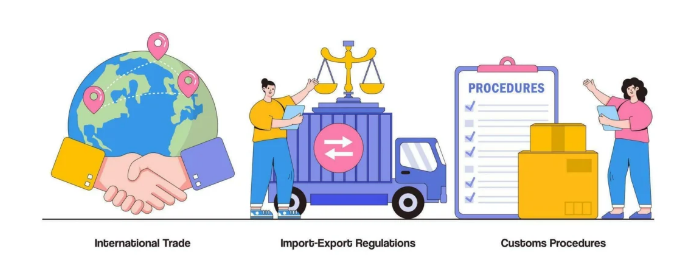Stricter used car import Kenya rules take effect July 2025. Learn about new KEBS limits, inspection changes, and how it impacts buyers and dealers.
Kenya Bureau of Standards Issues Stricter Used-Car Import Rules in July 2025: What You Need to Know
KEBS 2025 Policy Shift Shakes the Market
In July 2025, the Kenya Bureau of Standards (KEBS) implemented new, stricter guidelines for used car import Kenya operations. The goal is to regulate quality, lower emissions, and promote local assembly. These changes will impact importers, dealers, and everyday Kenyans looking to purchase second-hand vehicles from overseas.
Key Changes to Be Aware Of
Vehicle Age Limit and Inspection Requirements
The standout adjustment is a firmer age cap on second-hand vehicles entering the Kenyan market. As of July 2025, only vehicles manufactured from July 2018 onward are eligible for import. This revision tightens the previous 8-year limit to a rolling 7-year policy to maintain higher emission standards and road safety.
Alongside this, all used vehicles must now undergo pre-export verification under enhanced roadworthiness tests. Vehicles failing to meet structural integrity and emission compliance are barred from importation.
New Categories Affected
The revised used car import Kenya policy now also includes:
Commercial vans under 3.5 tonnes
Diesel passenger cars
Hybrid and electric vehicles
These categories must meet stricter fuel economy and emission benchmarks, aligning with Kenya’s clean energy transition goals. This shift is expected to influence the rising import of hybrid cars that were previously underregulated.
Impact on Car Buyers and Dealers
For car buyers, the new regulations may reduce the variety of affordable vehicles available in the short term. Popular budget models manufactured in 2016 or earlier are now banned, which could push up prices on compliant alternatives.
However, the changes also bring long-term benefits. Buyers can expect better safety features, lower fuel consumption, and fewer mechanical issues thanks to newer, inspected vehicles.
Dealers, meanwhile, are adjusting inventory strategies. Some have already started sourcing from countries with stricter environmental rules to meet KEBS requirements. According to Automag Kenya, the move is also pushing many to consider supporting locally assembled vehicles for sustained business.
Long-Term Implications
The used car import Kenya rules support the national policy of promoting local automotive assembly and reducing carbon emissions. The government is offering tax incentives to encourage local production, which may reduce the dependency on imports over time.
Kenya’s transition also includes building electric vehicle infrastructure and training more professionals in auto diagnostics and inspection. While the market adjusts, the hope is that Kenyan roads will be safer and more eco-friendly.
Conclusion
The July 2025 changes to used car import Kenya rules represent a major pivot toward a safer, greener, and more locally supported automotive market. While the immediate impact may challenge both dealers and consumers, the shift lays a foundation for higher standards and future innovation.
What do you think about Kenya’s move to tighten used-car imports? Will it benefit local buyers in the long run, or push prices too high? Share your thoughts in the comments!




